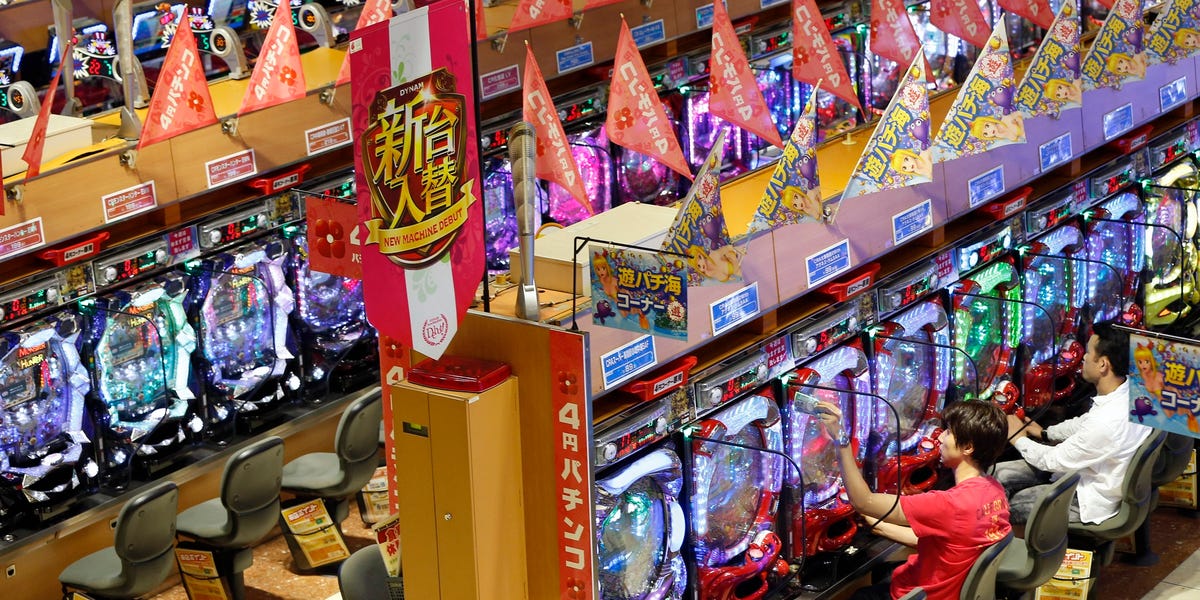The gambling industry in Asia represents one of the most dynamic, rapidly growing, and culturally complex markets in the world. With a diverse population, varying legal frameworks, and deep-rooted cultural attitudes toward gambling, Asia offers both significant opportunities and unique challenges for investors, operators, and policymakers.
This comprehensive overview explores the key gambling markets across Asia, highlights emerging trends and opportunities, and provides cultural insights essential for understanding consumer behavior and regulatory environments.
Overview of Asian Gambling Markets

Asia’s gambling landscape is multifaceted, encompassing:
- Land-based casinos: Concentrated in hubs like Macau, Singapore, and parts of the Philippines.
- Lotteries: Widely popular in countries such as China, Japan, and South Korea.
- Sports betting: Gaining popularity, especially in markets like India and Thailand.
- Online gambling: Rapidly expanding due to increased internet penetration and mobile usage.
Key Markets and Their Characteristics
1. Macau: The “Gambling Capital of the World”
- Macau dominates Asia’s casino market, generating more revenue than Las Vegas.
- It is known for high-stakes VIP gambling, luxury resorts, and mass-market gaming.
- The government tightly regulates the industry but has recently pushed for diversification beyond gambling, including entertainment and retail.
2. Singapore
- Singapore hosts two integrated resorts: Marina Bay Sands and Resorts World Sentosa.
- The market is highly regulated with strict entry controls and a focus on premium mass-market gamblers.
- Singapore is a leader in adopting technology and responsible gambling measures.
3. Philippines
- The Philippines offers a more liberal gambling environment.
- It is a hub for online gambling operators targeting international markets.
- The government is balancing economic benefits with social concerns related to gambling addiction.
4. Japan
- Japan legalized casino gambling in 2018, with integrated resorts expected to open soon.
- The market is anticipated to attract both domestic and international tourists.
- Cultural attitudes remain cautious, with strong emphasis on regulation and social safeguards.
5. South Korea
- South Korea has several casinos, mostly catering to foreign tourists.
- Domestic gambling is heavily restricted.
- The government promotes casinos as part of broader tourism development.
6. India
- India’s gambling laws vary by state, with some allowing lotteries and horse racing.
- Online sports betting is growing rapidly despite regulatory ambiguity.
- The large population and increasing digital access present vast potential.
Emerging Trends and Opportunities
Growth of Online Gambling
- Mobile and internet penetration in Asia is fueling online casino, poker, and sports betting.
- Markets like Vietnam, Indonesia, and Thailand show growing demand despite legal restrictions.
- Operators are innovating with localized content, payment methods, and user experiences.
Integration of Technology
- Use of AI, big data, and blockchain enhances customer engagement and security.
- Cashless payments and digital wallets are becoming standard.
- Virtual reality (VR) and augmented reality (AR) offer immersive gambling experiences.
Responsible Gambling Initiatives
- Governments and operators increasingly focus on preventing addiction and promoting safe play.
- Tools like self-exclusion, betting limits, and awareness campaigns are expanding.
- Cultural sensitivity is crucial in designing effective programs.
Cultural Insights into Gambling in Asia
Attitudes Toward Gambling
- Gambling is often intertwined with tradition, luck, and social interaction.
- In many cultures, gambling during festivals (e.g., Lunar New Year) is common and symbolic.
- However, stigma and legal restrictions exist, particularly in conservative societies.
Superstitions and Beliefs
- Numbers, colors, and rituals play a significant role in gambling behavior.
- For example, the number 8 is considered lucky in Chinese culture, influencing bets.
- Understanding these nuances aids in marketing and product design.
Social and Economic Factors
- Gambling can be seen as a means of social mobility or entertainment.
- Economic disparities influence the types of gambling preferred (e.g., lotteries vs. high-stakes casinos).
- Family and community opinions often affect participation.
Regulatory Challenges and Considerations
- Fragmented legal frameworks across countries and even within countries complicate market entry.
- Governments balance revenue generation with social responsibility.
- Enforcement against illegal gambling remains a priority.
- Cross-border cooperation is increasing to tackle fraud and money laundering.
Conclusion: Navigating Asia’s Gambling Landscape
Asia’s gambling markets offer vast opportunities driven by economic growth knowledge, technological advancement, and evolving consumer preferences. Success in this region requires a deep understanding of cultural attitudes, regulatory environments, and market dynamics.
Operators and investors should adopt culturally informed, responsible, and innovative approaches to harness the full potential of Asia’s diverse gambling landscape.